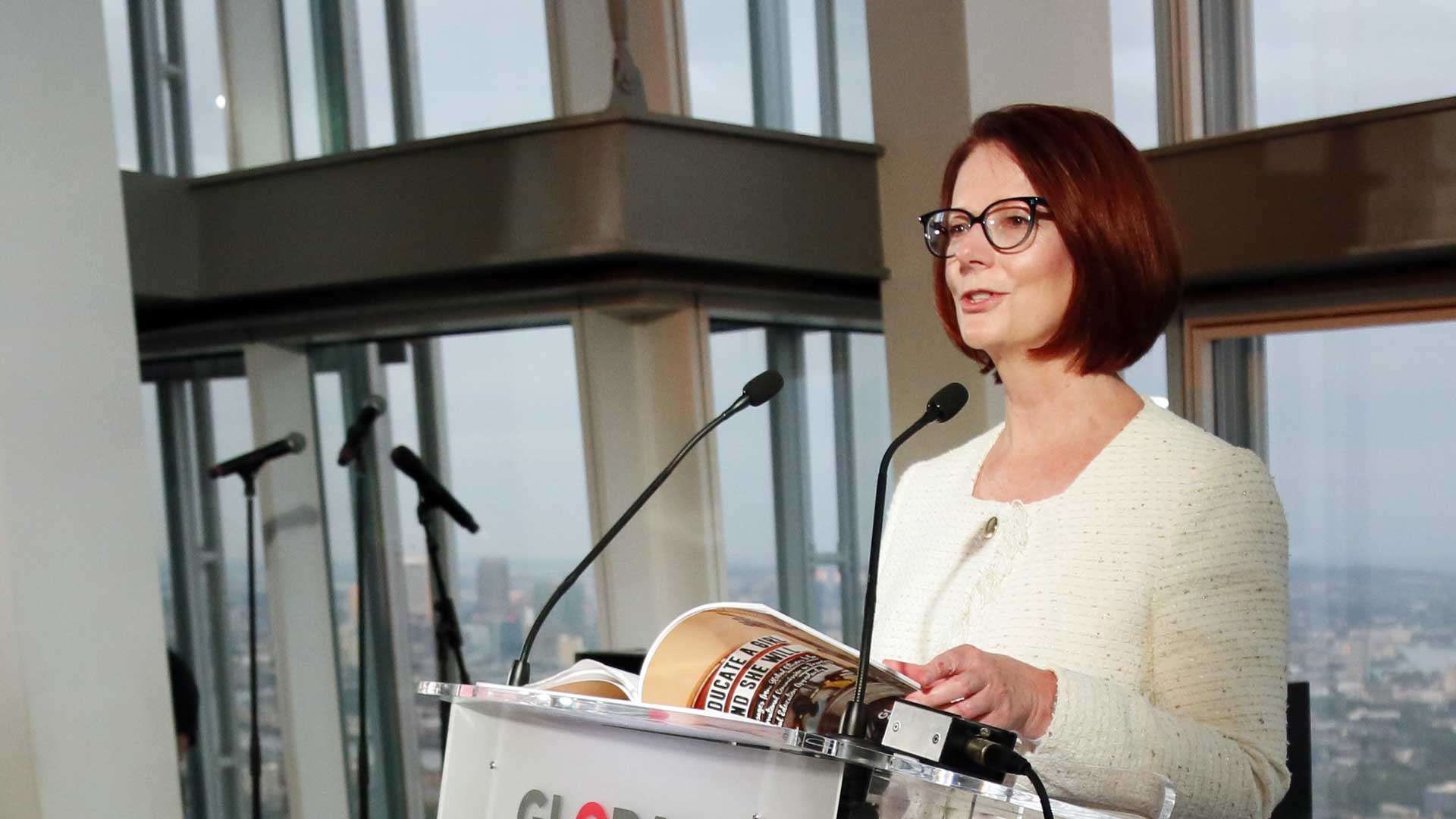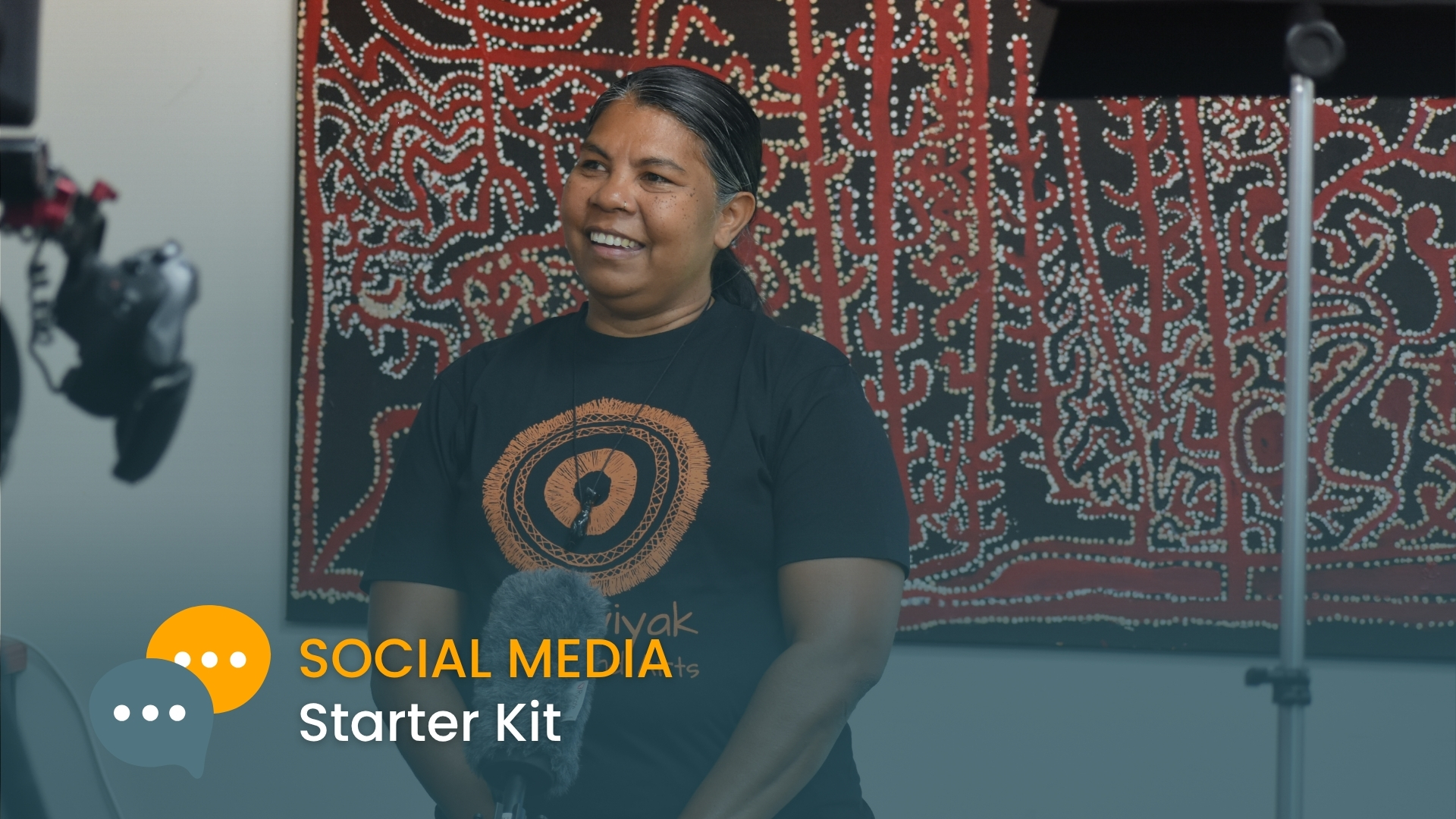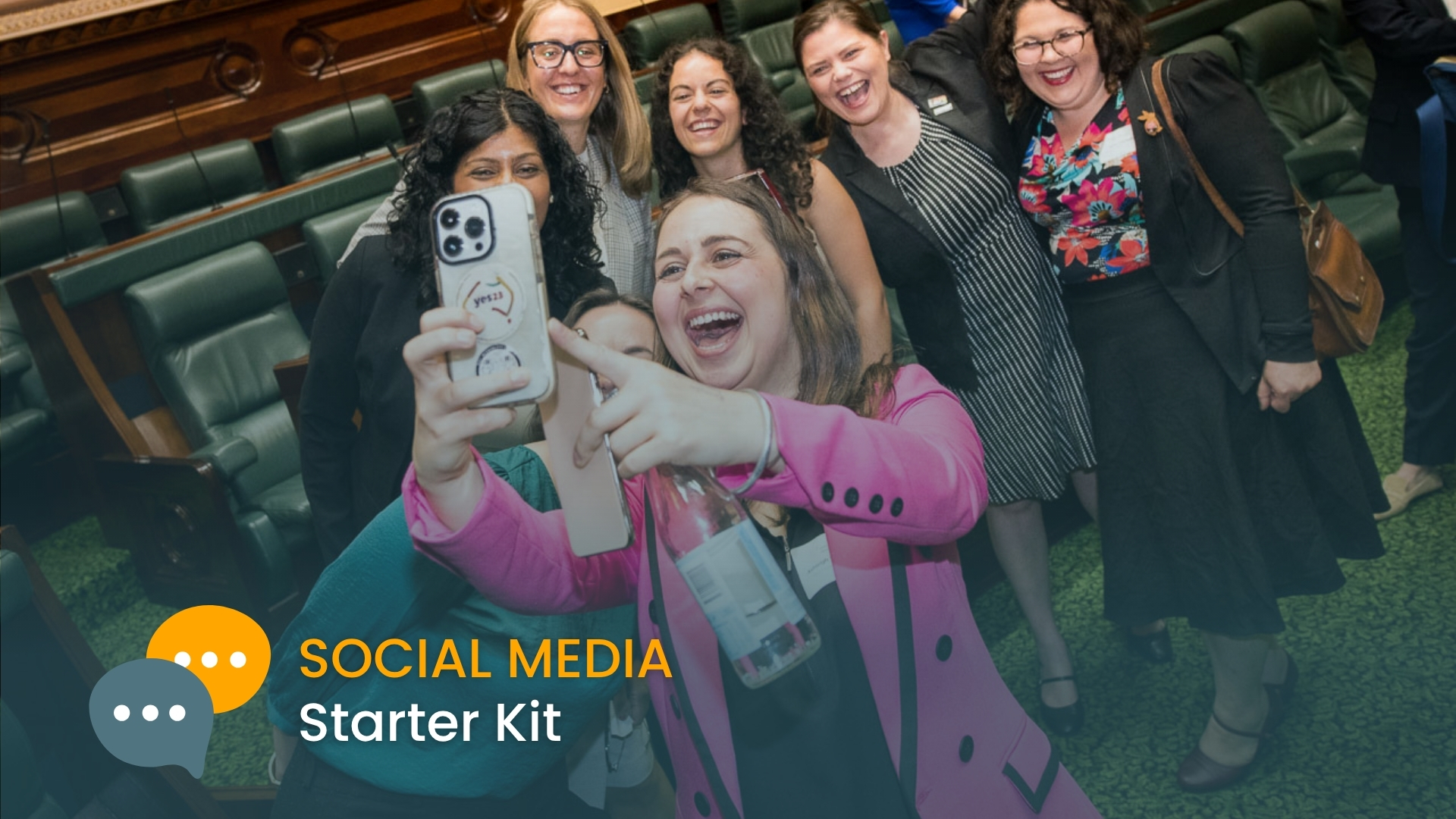Speechwriting tips from Joel Deane – part 1 of 2
If you’re reading this blog you either want to or are thinking about walking that pathway to politics and standing for public office.
That’s great.
Now comes the hard part: convincing people to support you.
All of which brings me to the dreaded ‘stump speech’.
Every candidate is told they need one. But what exactly is a stump speech?
Think of it as the political version of an elevator pitch.
Basically, it’s what you’re going to tell people to convince them to back you.
You might deliver a formal version of your stump speech during a preselection contest within a political party – or at a candidates’ forum as part of an election campaign.
Or you might deliver a sawn-off, informal version of your stump speech when you’re meeting people outside the local supermarket, or doorknocking, or cold calling locals on an electorate, or being interviewed by a journalist.
A good stump speech is portable and adaptable.
It can be shortened or lengthened. It can be structurally changed – told in part or back-to-front or sideways. And it can be laterally connected to the broader issues (from schools to hospitals to jobs to housing) that voters care about.
In short, it’s a piece of you.
Here are five things to consider before you write your stump speech.
1. A Speech Is A Conversation
Politics is like football. It’s played differently in different parts of the world.
Take Australian democracy.
Here, voting is compulsory. That means voters are often annoyed when they cast their ballots.
Not only that, Australian voting is preferential. That means those often-annoyed voters usually choose the candidate they hate the least rather than the person they love the most (as occurs in first-past-the-post voting).
Those basic rules of Australian democracy, combined with our relatively egalitarian attitudes, generally mean Australian voters are more inclined to back politicians who look and sound like them – talking to rather than at or down to them.
Put it this way: Australian politics is suburban. It’s not the West Wing. It’s the sausage sizzle at Bunnings.
What does that have to do with your stump speech?
Tone.
You don’t need to try to sound like a Barack Obama or a Winston Churchill or, God forbid, a Donald Trump.

You need to sound like yourself. An amplified, clarified version of yourself that explains who you are, where you come from, how you got here, what you want to do and – most importantly – why that person listening should care about what you care about.
Think of it this way: You’re trying to start a conversation with a roomful of strangers.
2. You’re Telling a Story
Political people talk a lot about ‘narrative’, but that’s just a 50 cent word for ‘story’.
And what is a story?
Past. Present. Future.
Who we are (present), how we got here (past), and where we are going or need to go (future).
In other words, your speech needs to tell a story that connects with the personal and collective lives of people listening.
3. It’s All in the Delivery
Think of your speech like a movie script.
It doesn’t matter whether it’s brilliant on the page. What matters is whether you can deliver the speech on the stage and connect with people.
I’m not saying that the speech draft doesn’t matter (after all, I’m a speechwriter).
What I am saying is that the purpose of a speech draft is to give the speech maker the confidence they need to stand up in front of a bunch of strangers and perform.
And, just to be clear, when I say ‘perform’ I’m not talking about acting a role: I mean being your best self.
4. This is About You
‘Authenticity’ is another of those buzz words thrown around by political people.
That’s another 50 cent word for ‘be yourself’.
Don’t jazz up your lingo. Don’t raid the Thesaurus. Don’t try to sound like Gough Whitlam. Or John Howard. Or Julia Gillard. Or Maggie Thatcher. Or whoever you wish you were.
This process is about getting down to the nitty gritty of who you are.
It’s about thinking about the one thing you want the person or people to know about and care about and saying that one thing.
It’s about speaking in the language and voice that you’d use to communicate with someone you know and care about or love – maybe a parent or a partner or a friend.
It’s about imagining that the person you love isn’t convinced that you should be a politician.
And it’s about finding the words you would use to speak to that person you love and change their mind.
What would you say to them? How would you say it?
Write and speak like that and you’ll be authentic.
Jacqui Lambie’s ‘Dream a little cheaper’ speech is a brilliant example of authenticity that really cuts through.
5. This is Not About You
Okay.
You’ve thought long and hard about the who, where, what, how, and why of your candidacy.
You have someone in mind and you know the right words and the right way to say those words.
You’re telling your story. You’re speaking in plain language. You’re being your best self. You’re not pretending to be anyone else or putting on an act.
That’s great.
But, remember, this speech is not about you.
The purpose of doing all of this work to get to the heart of the matter about who you are is so that you have the understanding and the authenticity necessary to go out and connect with voters – convincing them you’re the person who best represents their interests.
With that in mind, look for ways to make lateral connections between the personal story you’re telling and the shared story people are living.
If you can make that kind of connection you can make people listen to – and maybe care about – the causes your fighting for.
Now, when you’re ready, read my 10 tips for writing.

About the author
Joel Deane is an award-winning poet, novelist, journalist and speechwriter.
Joel has worked in Melbourne and San Francisco as a journalist, lectured on the use of public language, penned reviews and essays for Australian Book Review, and written speeches for numerous past and present Labor politicians, including Julia Gillard, Bill Shorten, Steve Bracks and John Brumby.
Joel has published one non-fiction book, Catch and Kill: The Politics of Power (2015); two novels, The Norseman’s Song (2010) and Another (2004); and three collections of poetry, Year of the Wasp (2016), Magisterium (2008) and Subterranean Radio Songs (2005). His third novel, Judas Boys, will be published in 2022.
His writing has won the Vincent Buckley Poetry Prize and been a finalist for numerous literary awards, including the John Bray Poetry Award, Prime Minister’s Literary Award, Judith Wright Calanthe Award, Walkley Book Award, the Melbourne Prize for Literature and the Anne Elder Award. In 2019, Joel delivered the Peter Steele Lecture at the Melbourne Writers Festival.
Joel lives in Melbourne and works as a freelance writer.







